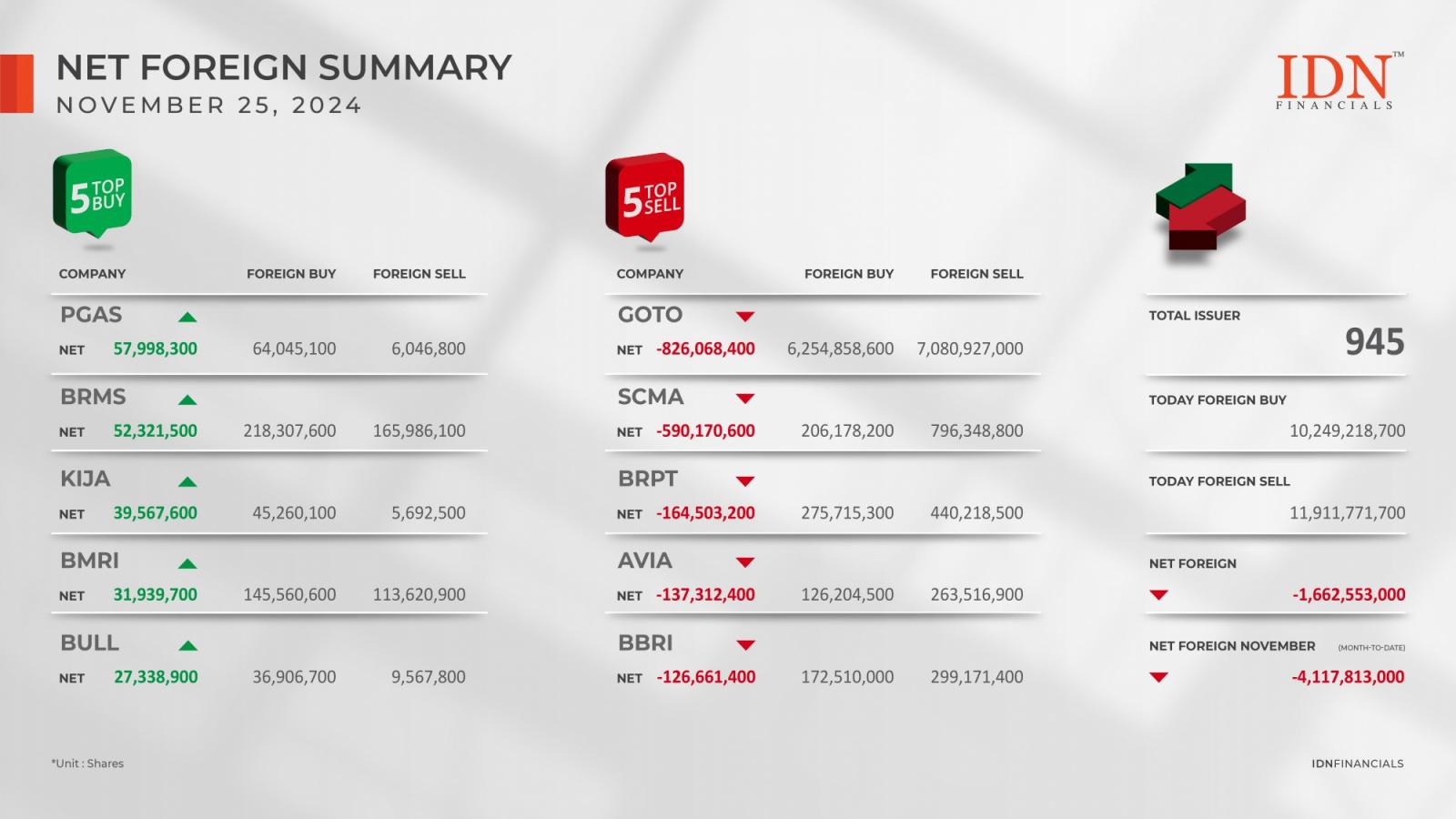
In the first half of 2023, global debt increased by $10 trillion, reigniting concerns about its impact on the world economy and the potential for a financial crisis, according to data released by the Institute of International Finance (IIF) on Tuesday.
The report disclosed that the overall debt has climbed to an unprecedented $307 trillion, marking a $100 trillion rise over the past decade.
Dominance of Mature Markets in the Global Debt Increase
Countries like the United States, the United Kingdom, Japan, and France were mainly responsible for the rise in debt during the first half of the year, contributing to over 80% of the increase.
On the other hand, developing countries such as China, India, and Brazil recorded the biggest upticks in debt within emerging markets.
The IIF expressed concern over the high levels of domestic government debt in many developing countries, stating that the current global financial systems are not well-equipped to handle this situation.
The report suggested that a market-based approach could help in managing unsustainable levels of domestic debt and could assist in allocating resources for developmental and climate finance.
US Economy and Financial Crisis Concerns Amid Rising Debt
The IIF report also highlighted that the global debt-to-GDP ratio rose from 334% at the end of last year to 336% and is expected to reach 337% by the end of 2023. These increases are primarily due to large government budget deficits. This level is still below the peak of 362% reached in the first quarter of 2021, however.
Emre Tiftik, the IIF Director, attributed the brief decline in the global debt ratio over the past two years to a sudden increase in inflation, which allowed many countries and corporations to reduce their debt relative to their local currencies.
In a somewhat positive development, the report noted that household debt in mature markets has decreased to its lowest level in two decades during the first half of 2023. The report suggests that if inflation continues in these markets, the stable financial condition of households, especially in the United States, could serve as a buffer against future interest rate increases.
Federal Reserve’s Interest Rate Strategy
The Federal Reserve, which has increased interest rates by over five percentage points in the past 18 months, opted not to hike rates in its September meeting, but hinted at another possible rate increase before the year’s end.
Alexandra Wilson-Elizondo, deputy chief investment officer of multi-asset strategies at Goldman Sachs Asset Management, stated that the Federal Reserve’s latest stance was more cautious than anticipated. She noted that the main challenge for the central bank is to maintain its credibility in fighting inflation.
In addition, Wilson-Elizondo mentioned that recent increases in energy prices and positive economic indicators likely influenced the Federal Reserve’s projections.
She indicated that although there is no single factor that could drastically affect the market, a combination of events like labor strikes, government shutdowns, and the resumption of student loan payments could introduce some volatility in the economic data.
In short, the world economy is facing growing uncertainties with global debt hitting record levels. While mature markets like the US, the UK, Japan, and France continue to be the major contributors to this debt, developing economies are also experiencing increases that are causing concern among financial experts.
The situation warrants close monitoring to understand its long-term implications on both global and domestic scales.





